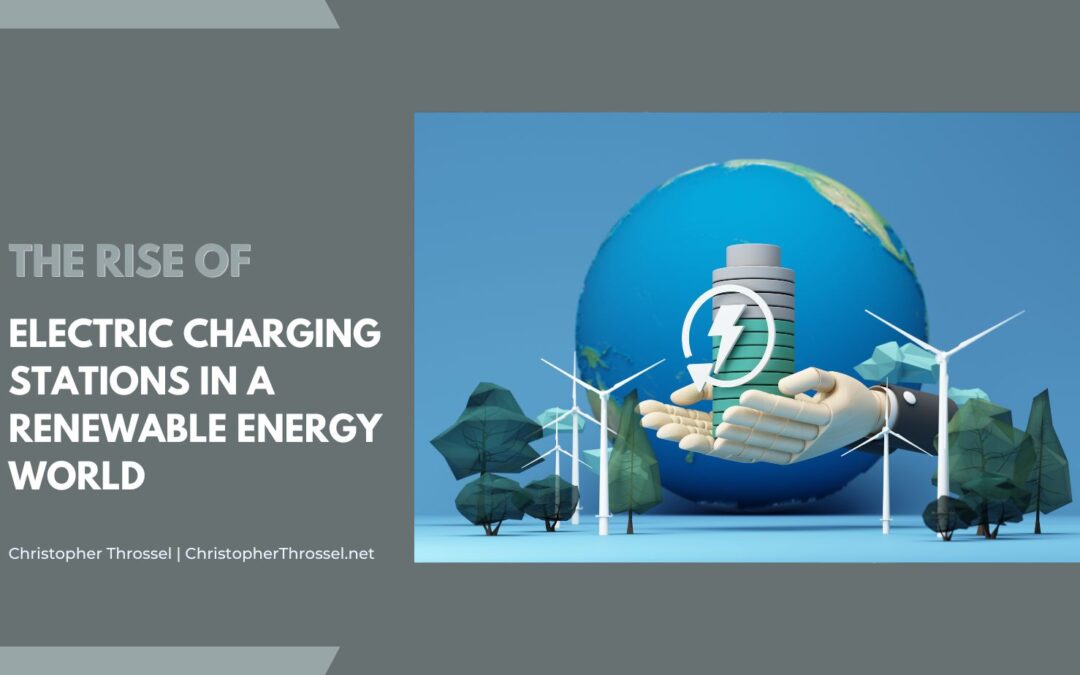As the world strides towards a more sustainable energy future, the transportation sector is transforming, with electric vehicles (EVs) at the forefront of this revolution. The increasing adoption of EVs brings about the rise of electric charging stations, creating a symbiotic relationship between clean transportation and renewable energy sources.
The Shift to Electric Mobility:
Electric vehicles have gained significant traction due to their environmental benefits, reduced reliance on fossil fuels, and technological advancements in battery technology.
The Role of Electric Charging Stations:
Electric charging stations are critical infrastructure in the transition to electric mobility. These stations provide the energy needed to power EVs and play a pivotal role in accelerating the adoption of electric vehicles. However, their significance extends beyond just providing power; their integration with renewable energy sources amplifies the positive impact on the environment and energy sustainability.
Renewable-Powered Charging Stations:
Integrating electric charging stations with renewable energy sources, such as solar and wind, creates a synergy that aligns with reducing carbon emissions and promoting sustainable energy. When charging stations are powered by renewable sources, the environmental footprint of EVs becomes even smaller as the charging process becomes cleaner and greener.
Benefits of Renewable-Powered Charging Stations:
Reduced Carbon Emissions: Renewable energy sources emit little to no greenhouse gases during energy production. Utilizing these sources to power charging stations substantially minimizes the carbon emissions associated with charging EVs.
Energy Independence: Renewable-powered charging stations promote energy independence by relying on locally available sources and not subject to the price volatility of fossil fuels.
Grid Support and Stabilization: Integrating EV charging with renewable energy can help manage grid demand and supply fluctuations. Charging during high renewable energy production times can alleviate grid stress, contributing to stability.
Public Perception and Education: Renewable-powered charging stations provide a tangible example of the clean energy transition and serve as educational tools, raising awareness about the benefits of renewables and sustainable transportation.
Challenges and Solutions:
Intermittency: The intermittent nature of renewable energy sources can pose challenges in ensuring consistent charging availability.
Infrastructure Expansion: Scaling up the number of charging stations and integrating them with renewable sources requires substantial infrastructure development. Governments and private stakeholders must collaborate to create an extensive and accessible charging network.
Technological Innovation: Continued innovation in charging technology, such as high-speed charging and smart charging systems, can enhance the efficiency and convenience of EV charging.
The Road Ahead:
The rise of electric charging stations in a renewable energy world presents a transformative opportunity to reshape the transportation sector and drive global efforts to combat climate change.
As the EV market expands and renewable energy adoption continues to gain momentum, integrating renewable-powered charging stations will play a pivotal role in fostering sustainable transportation habits and driving the transition to a cleaner and greener energy landscape.

